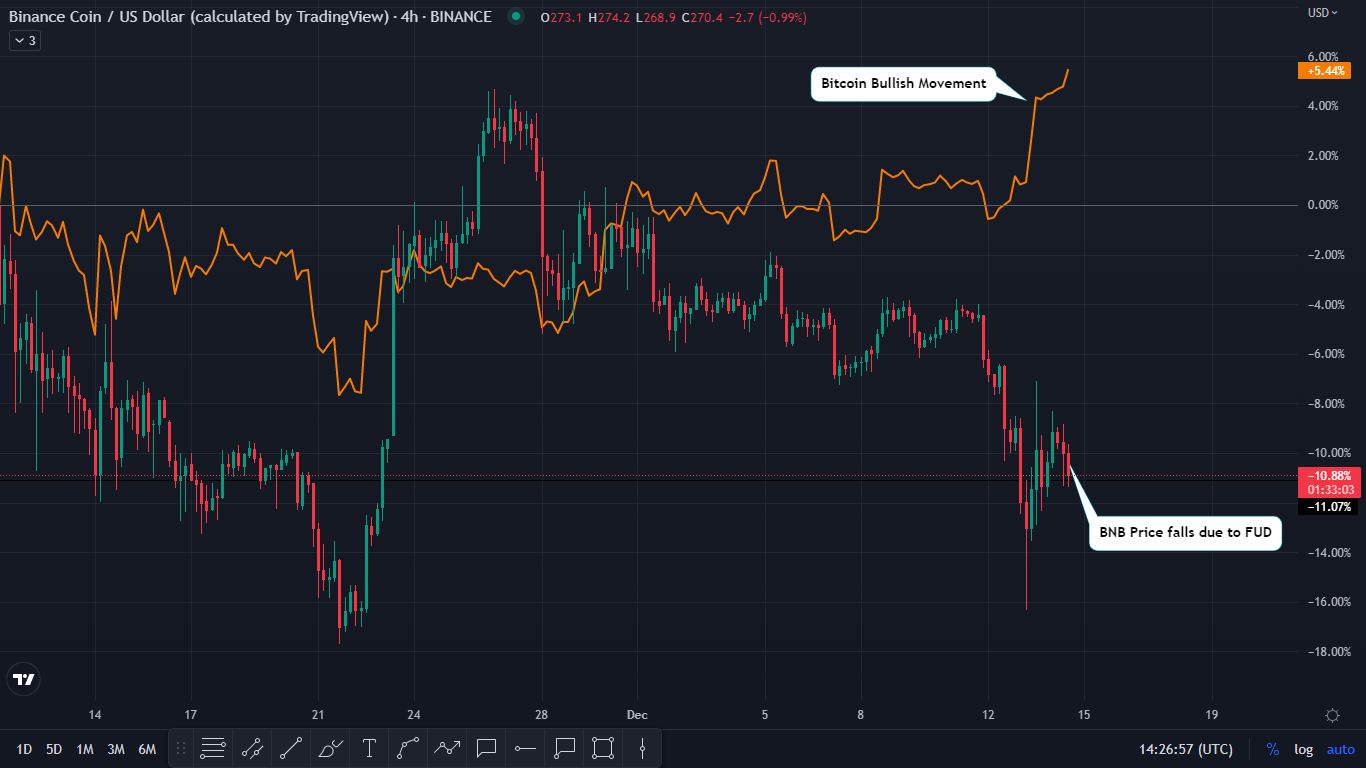Quick Summary:
- Due to the increase in scams and Rug Pulls in the crypto space, the regulatory watchdogs are planning crypto sanctions in 2023.
- Though the sanctions can avoid another FTX, the increased control over crypto is a challenge to its decentralized nature.
The increased sanctions on cryptocurrencies are primarily due to the growing concerns over its potential use in money laundering, terrorist financing, and other criminal activities. As cryptocurrencies become more widely used, the risk of them being used for illegal activities increases, prompting governments to take steps to protect against this risk. Additionally, many countries are concerned about potential losses to their own currencies if cryptocurrencies are adopted as a mainstream form of payment.
Also, the events like the FTX collapse are encouraging government agencies to put a strong check on centralized crypto exchanges and other blockchain products. SBF has been arrested in the Bahamas and the largest crypto exchange Binance is under investigation for money laundering charges.
Even if the charges on Binance are not proved in any court of law, the Binance Coin is already missing the bullish run. While Bitcoin is making green spikes, Binance coin is struggling ti retain the support level of $270.
Crypto Sanctions in 2023 and their Impacts
Governments around the world are increasingly looking at cryptocurrencies and taking steps to regulate them, so it is possible that sanctions will continue to increase in the coming years. However, it is also possible that regulations will become more relaxed as the technology becomes more widely used and accepted.
Crypto sanctions can be beneficial for the crypto community by helping to protect against money laundering and other criminal activities. Additionally, increased regulation can help to build trust in the cryptocurrency space and encourage more mainstream adoption. Finally, sanctions can help to protect investors from potential losses due to fraud or other illegal activities.
The only problem is, the government’s control over crypto goes against its decentralized nature by creating a centralized authority that can regulate and monitor transactions. This goes against the core tenets of decentralization, which is designed to limit the control of any single entity over the network. By having a centralized authority, it is possible for governments to introduce regulations that could potentially limit individuals’ rights and freedoms with regard to their use of cryptocurrencies.
Conclusion:
In conclusion, increased crypto sanctions are primarily due to concerns over its potential use in money laundering and other criminal activities. The recent collapse of the FTX exchange is also related to these sanctions, and it is difficult to predict whether sanctions will increase in 2023. Crypto sanctions can be beneficial for the crypto community by helping to protect against money laundering and other illegal activities, but they also go against its decentralized nature by creating a centralized authority that can regulate and monitor transactions.
Disclaimer: This article is provided for informational purposes only. It is not offered or intended to be used as legal, tax, investment, financial, or other advice.







